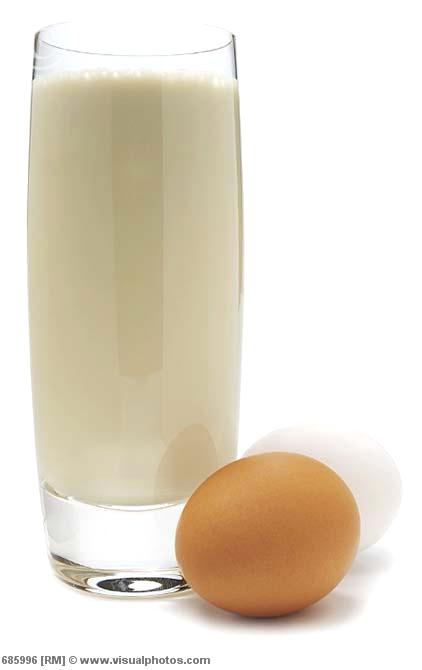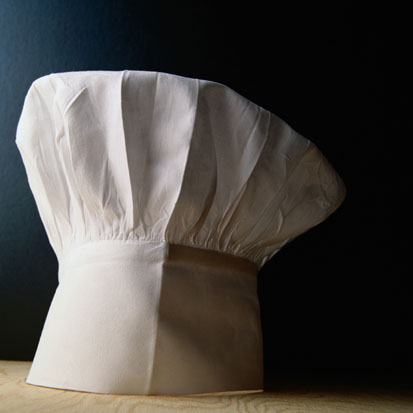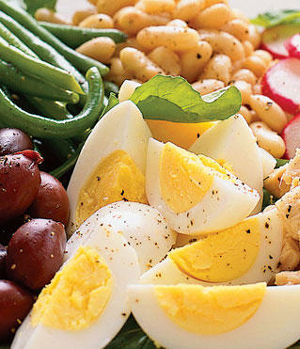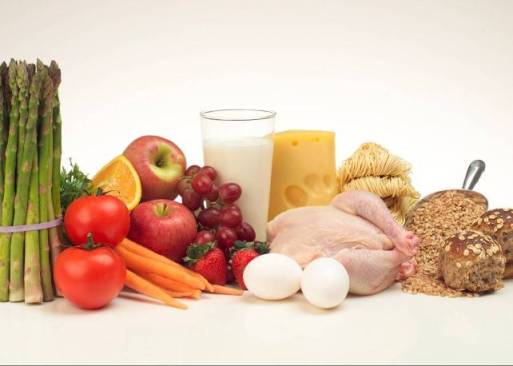
All About Protein
Protein is our mainstay during the weight-loss phase, so it's important to know all about it.
How do we know which one is the best? What do we look for? How much do we absorb? There are a lot of protein powders to learn about but there is more to protein than just powder.
I've done your homework for you...so here is the whole scoop on protein powders as well as whole food protein.
You will find recipes, shakes, and other protein information in various sections.
cooking with chef dave
 I spent a weekend at a retreat for bariatric patients...oh, what fun! I learned so much being with professionals in the field and hearing attendees share their success tips.
I spent a weekend at a retreat for bariatric patients...oh, what fun! I learned so much being with professionals in the field and hearing attendees share their success tips.
One of the fun things we did was to actually cook with Chef Dave in the kitchen as he prepared meals. If you aren't familiar with Chef Dave, you can check out his website on one of the links to the left. Chef Dave is not only a handsome professional chef, he is also a bariatric patient, has a fun and delightful personality and is a fabulous cook. His recipes are "simply delicious"!
I just received one of his cookbooks in the mail and I want to share some of his tips for cooking protein that I have found helpful.
So let's get cooking...
Chef Dave says it''s all about how you cook that determines how your body digest it. Your protein should be moist and tender and here's how to do it:
You can sauté your protein, never more than 1/2 inch thick, (pounding will help) in a tiny bit of fat, in a pre heated griddle.
Second you can use a rotisserie: larger cuts such as pork, beef tenderloin, whole chicken, turkey and lamb. Cook it yourself or purchase already prepared.
Next, Roasting and grilling. Or for fish, shellfish and seafood try: poaching and steaming.
One of the suggestions he gave us was not to boil chicken, it dries it out and makes it chewy. I have started to sauté my chicken instead or using leftover baked chicken for salads. This was a very useful tip.
A HUGE "THANK YOU" to Chef Dave for sharing his time and tips with us at the retreat, and sharing his expertiese and recipes with us in his cookbooks. Thanks Dave.
More recipes and tips to come...so stay tuned....
scoops 'a whey
 According to proteinplace.com..."One of the reasons whey protein assists with weight management is that it burns calories. This is because the body needs to use more of its energy to digest protein than it needs for other foods. This phenomenon is referred to as the thermal effect. For this reason, a woman's body burns more calories after eating a meal rich in protein than one that is not."
According to proteinplace.com..."One of the reasons whey protein assists with weight management is that it burns calories. This is because the body needs to use more of its energy to digest protein than it needs for other foods. This phenomenon is referred to as the thermal effect. For this reason, a woman's body burns more calories after eating a meal rich in protein than one that is not."
"Including whey protein in a woman's diet also helps prevent middle age spread. Gaining weight is often associated with aging. But, whey protein has been shown to help increase energy levels, suppress appetite, and help the body more efficiently process glucose, all of which assist in weight management."
Protein anyone!
To find out more go to www.proteinplace.com
protein needs
 There are several reasons why you may need more protein in your diet:
There are several reasons why you may need more protein in your diet:
- if you are over 50 years of age
- if you are physically active or just beginning an exercise program
- if you are on a weight loss diet or are a weight loss patient
As aging and physical activity cause muscle breakdown, protein helps maintain muscle mass, and the body uses protein to rebuild muscle.
Protein supports metabolism. You need protein and calories to maintain your muscle.
Weight loss surgery patients have a absorption change in the body, which means frequent small meals with protein will be needed to meet your nutritonal needs.
You can calculate how much protein you need by multiplying your body weight by 0.5 (moderate) or 1.0 (high) to get the number of grams per day. Then you can divide the total number of grams needed into 5-6 meals a day. You can see why you need protein powders, shakes and supplements to help you get your daily requirements.
Below is a chart printed in Obesity Help Magazine written by Dr. Christine Gerbstadt, who is not only a physician but a registered dietitian.
- 3 oz lean meat (beef, pork, chicken, turkey, lamb) 15-18 grams of protein
- 3 oz fish (salmon, tuna, mackerel, sardines, or other fish, shrimp, crab, lobster) 18-21 grams of protein
- 2 medium or 3 whites (egg, egg substitute or egg whites) 11 grams of protein
- 1 cup legumes (pinto, black beans, garbanzos, kidney, red beans, and others) 12-15 grams of protein
- Soy (tofu - 1 cup, soy milk - 12 oz, soy nuts - 1/2 cup, cooked soybeans 1/2 cup, soy protein powder - 1 oz) 11-16 grams of protein
- 1 oz Whey protein powder 23 grams of protein
whey better...

How much of these foods would you need to eat? eggs, beef, chicken, yogurt, tuna.
Try these numbers on for size...
To equal 70 grams you would need to eat: 10 eggs, or 10 ounces of beef (that is almost 2/3 of a pound), or 1/2 of a whole chicken, or 14 4oz servings of yogurt, or just over 5 cans of 3 oz tuna. No Way!
Compare Unjury Medical Quality Protein. One scoop is 20 grams of protein. That equals 3 eggs or 3 oz of beef. Much easier to swallow, don’t you think?
Information from www.UNJURY.com
and that whey
 Protein must be processed under low-temperature and low-acid conditions to maintain the integrity and high quality. The amount of lactose in protein decreases as the protein level increases. Whey protein isolate is the purest form of whey and contains between 90 to 95 percent protein and little to no fat or lactose.
Protein must be processed under low-temperature and low-acid conditions to maintain the integrity and high quality. The amount of lactose in protein decreases as the protein level increases. Whey protein isolate is the purest form of whey and contains between 90 to 95 percent protein and little to no fat or lactose.
Inexpensive whey may be low in protein and high in lactose. Cheaper forms may be cheaply processed at high temperatures, reducing the nutritional value. You may find consuming whey protein and pure whey protein isolate may help with lactose intolerance.
